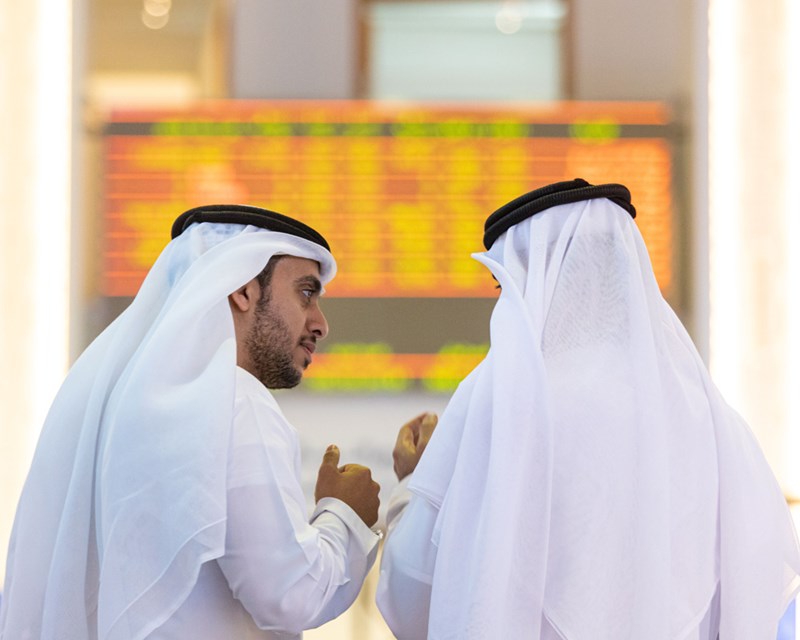Relief money has been pouring into Lebanon after the Beirut port explosion killed more than 200 people, injured some 6,000, and left hundreds of thousands homeless, as well as large swathes of the historic city in ruins.
Days after the blast, governments around the world pledged more than $250m of bilateral aid at an international donors’ conference, while separately, Lebanese diaspora groups moved by the scale of the tragedy mobilised millions of dollars through crowdfunding, corporate donations and community initiatives.
In the Gulf, the governments of the UAE and Saudi Arabia have sent several planeloads of medical and food aid to Lebanon, Kuwait has pledged to rebuild Lebanon’s main wheat silo, which was destroyed in the explosion, and the King Salman Humanitarian Aid and Relief Centre in Saudi Arabia collected donations of nearly $500,000 from local businesses and residents.
However, there are growing calls for funding to be directed beyond emergency relief and towards more strategic campaigns to support the longer-term rebuilding of a country that was already reeling from a prolonged economic and political crisis and the impact of Covid-19.






